
Countdown to Spring Challenge
Readers prepared to “spring” into action during The Horse’s Countdown to Spring Challenge. Check out our top tips to get your horses and farm ready too!

Readers prepared to “spring” into action during The Horse’s Countdown to Spring Challenge. Check out our top tips to get your horses and farm ready too!
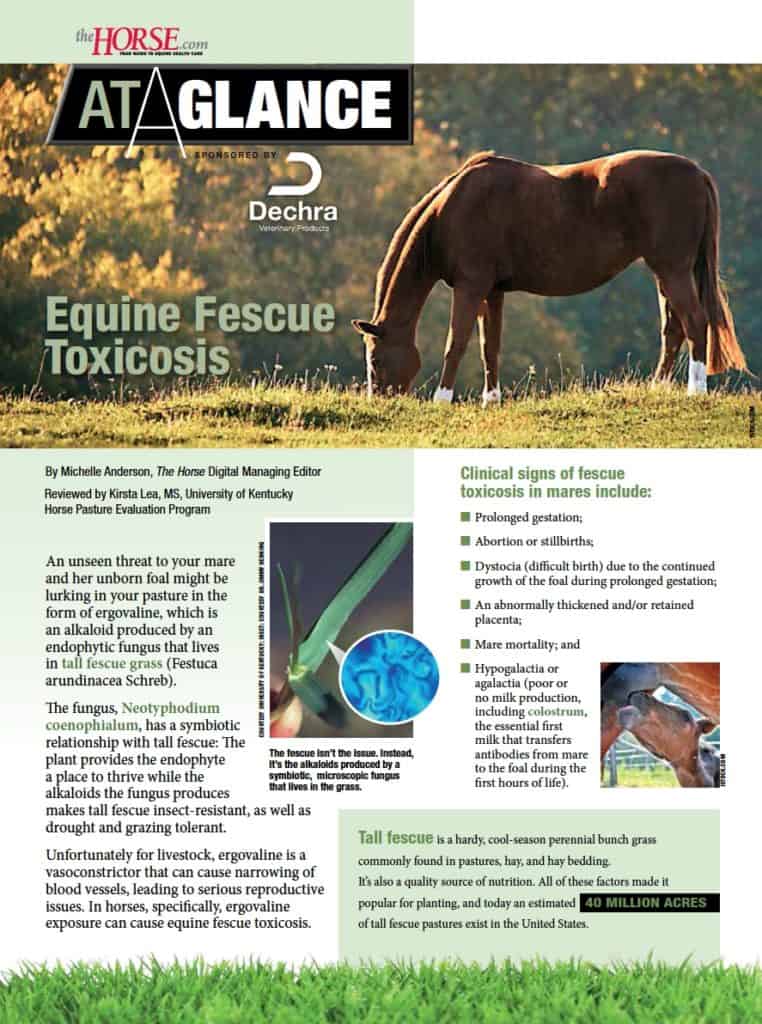
An unseen threat to your mare and her unborn foal might be lurking in your pasture. Learn more about fescue toxicosis.
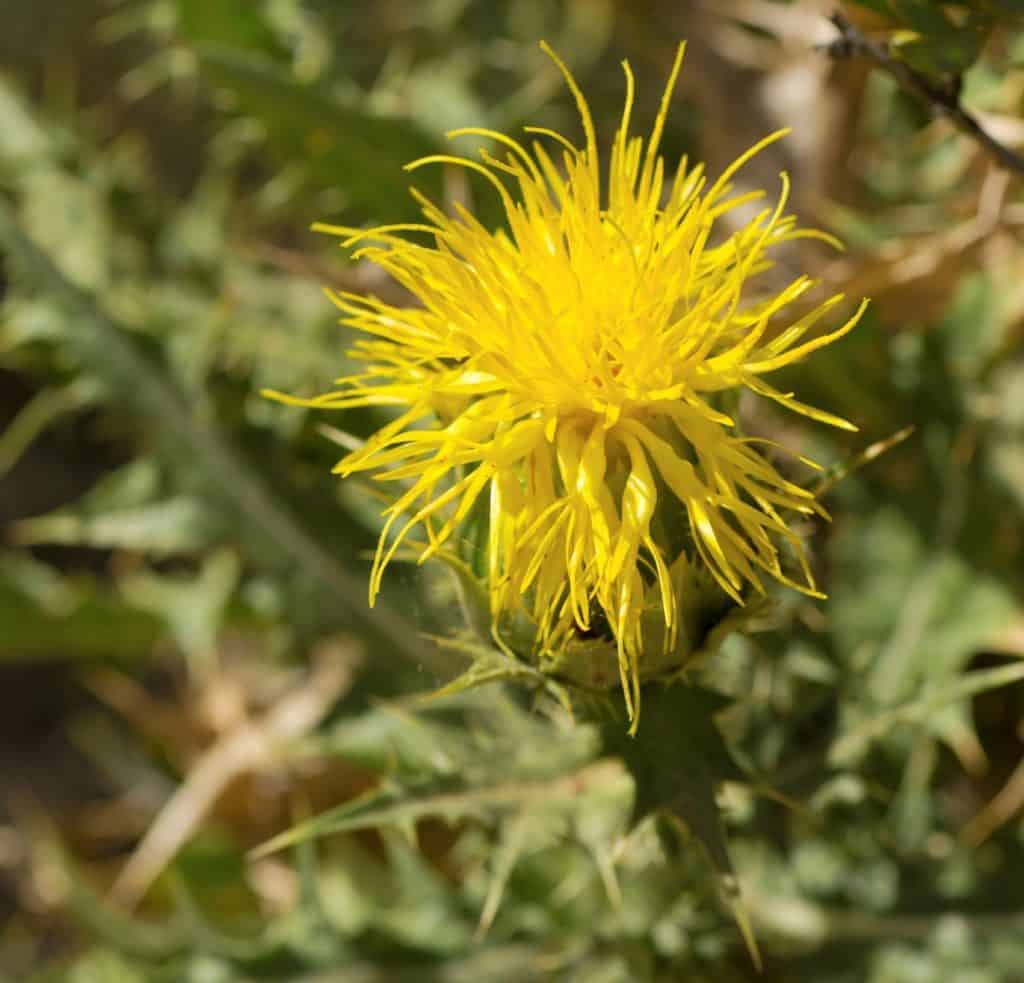
An owner worries about her horse eating thistle. An equine nutritionist responds about the risks.
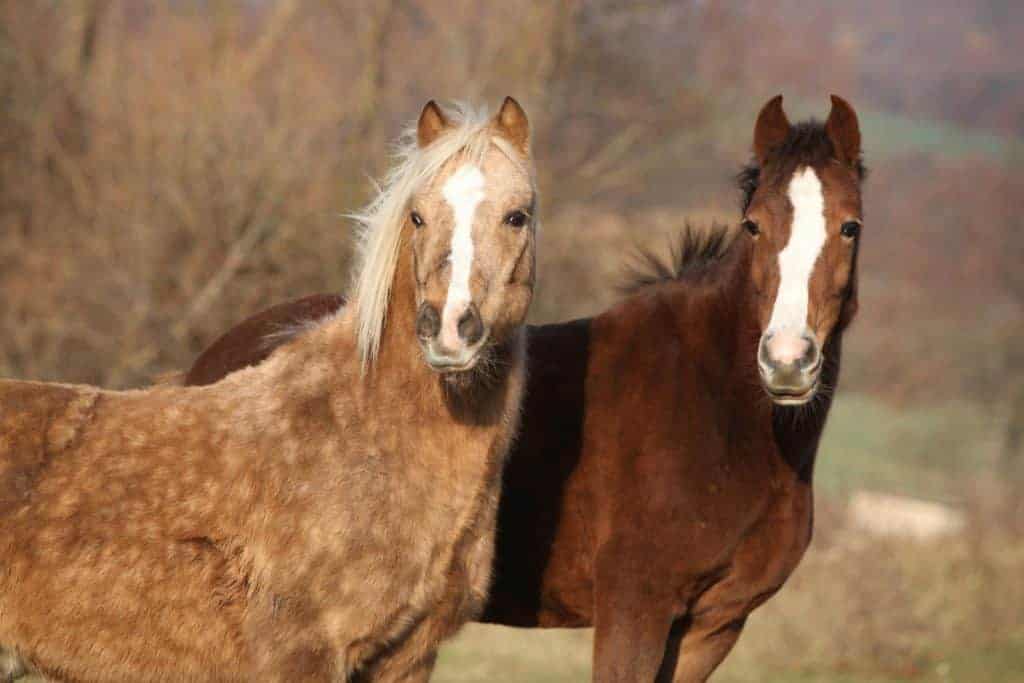
Of the 1,293 poll respondents, 340 (26%) said their horse is turned out with one other horse.
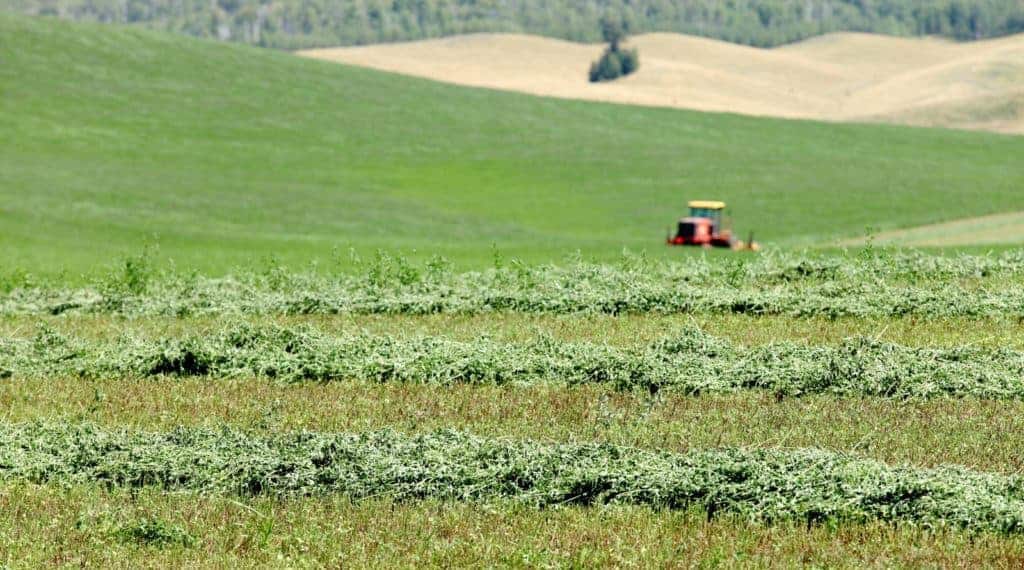
Attendees will learn how they can improve the efficiency and quality of all their hay, silage, and baleage production.

Lectures will focus on reducing tall fescue toxicosis, the top toxins for horses in Kentucky, weed control, and more.

Barn and farm improvements small and large can boost your property’s appeal to equine real estate buyers.

Audio features on behavior, old horse care, mud management, skin issues, caring for your new horse, and more.

Popular slideshows included those on skin conditions, horse properties, pasture weeds, the Rio Olympics, and more.

The workshop will take place March 9, 2017, at UK’s Veterinary Diagnostic Laboratory and Spindletop Research Farm.

Researchers believe the Malva parviflora weed was behind the deaths of four Australian horses.
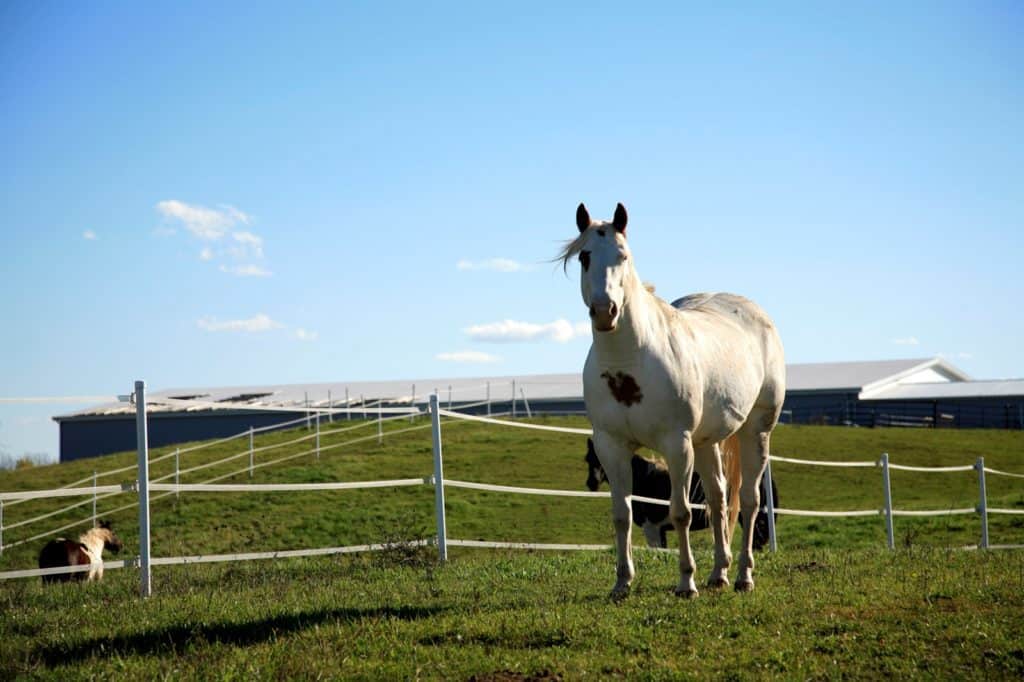
Electric fencing might not cause horses extra stress, but most stay farther away from an electric fence than a wood one.
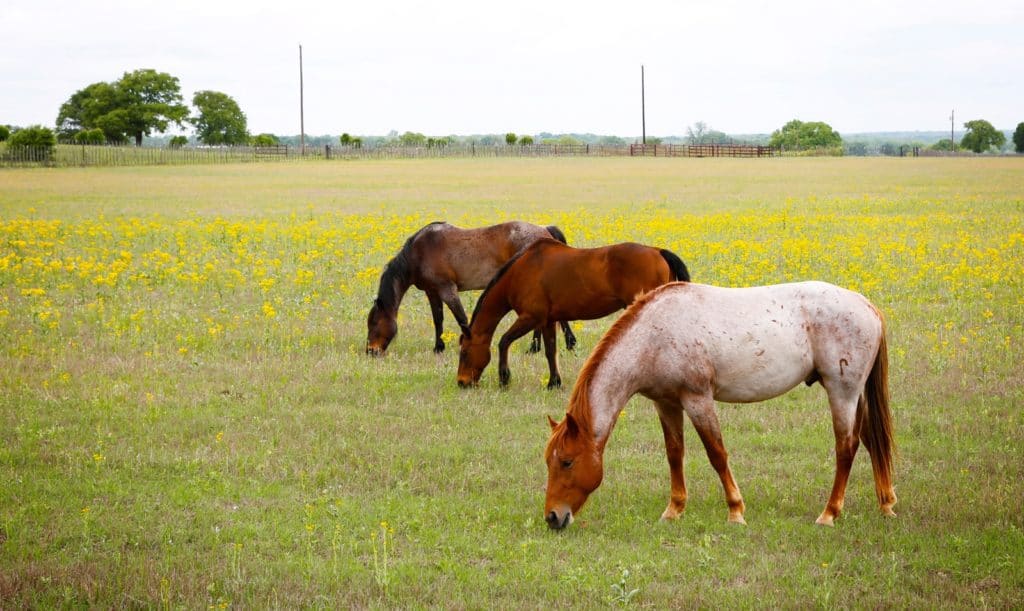
Ensure your pastures are clear of plants that can be toxic to horses.
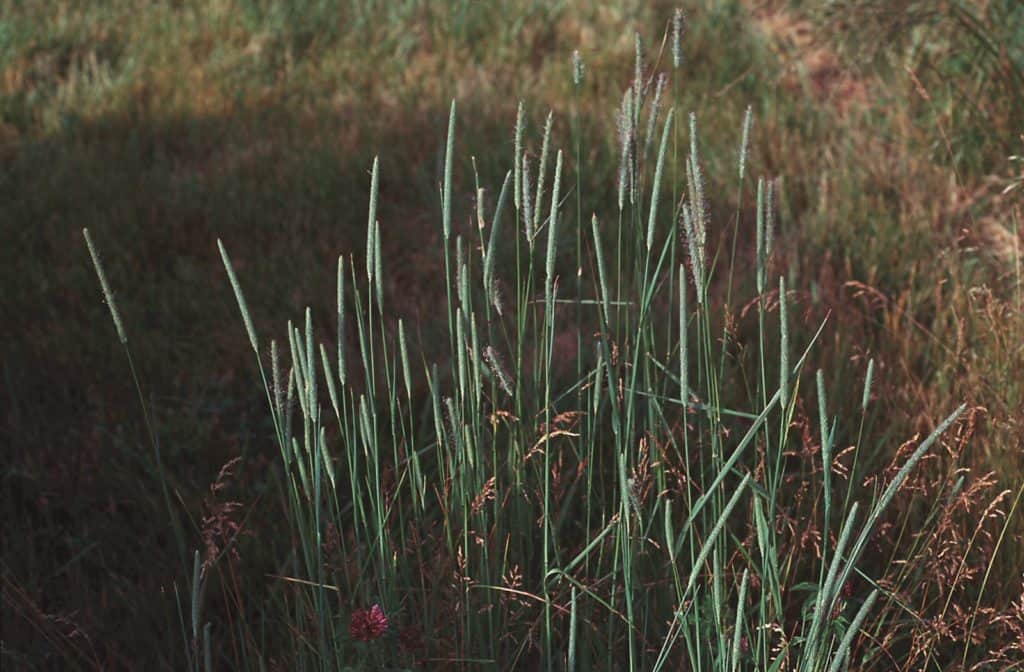
Timothy is a perennial grass that can survive harsh winters and wet soils better than most cool-season grasses.

Protecting your horse’s turnout now can help ensure green pastures later.

Of the 545 respondents, 175 (32%) said they will add gravel and/or sand for high-traffic areas on their farm this fall.
Stay on top of the most recent Horse Health news with
"*" indicates required fields